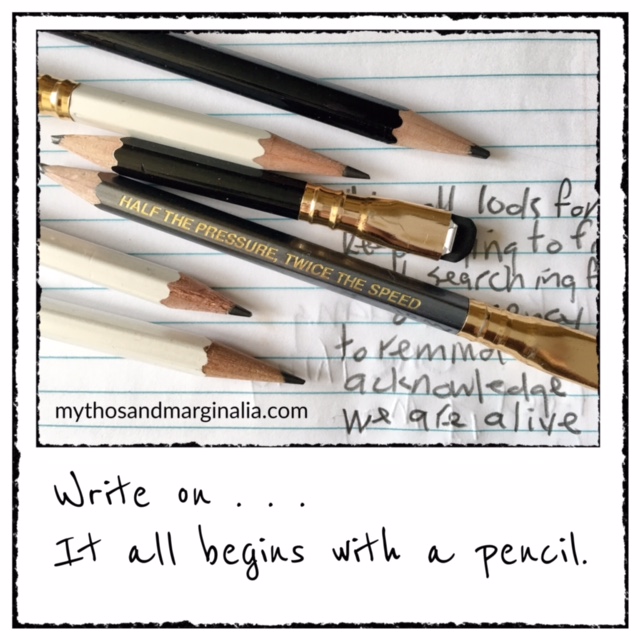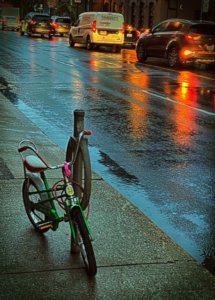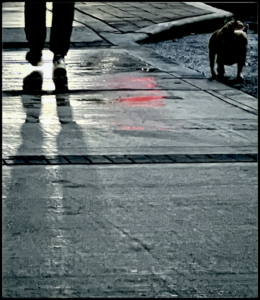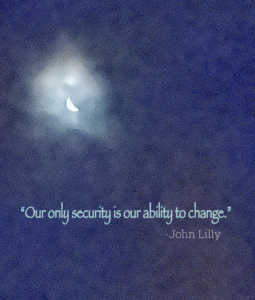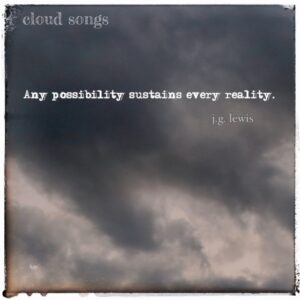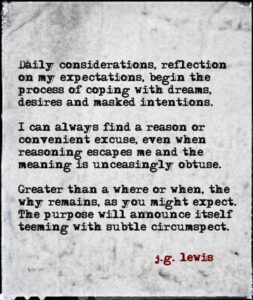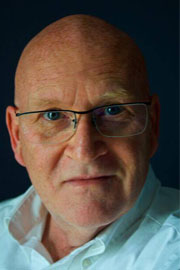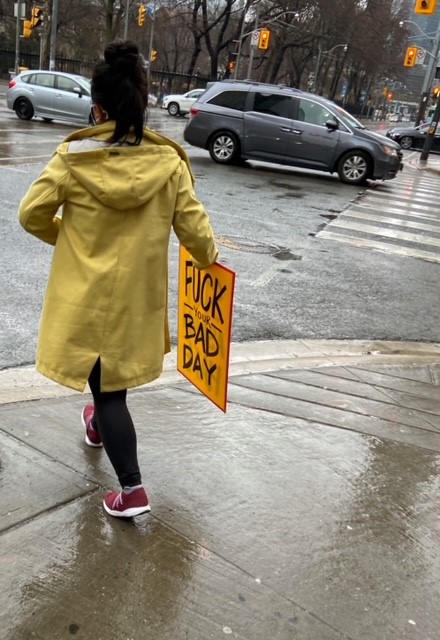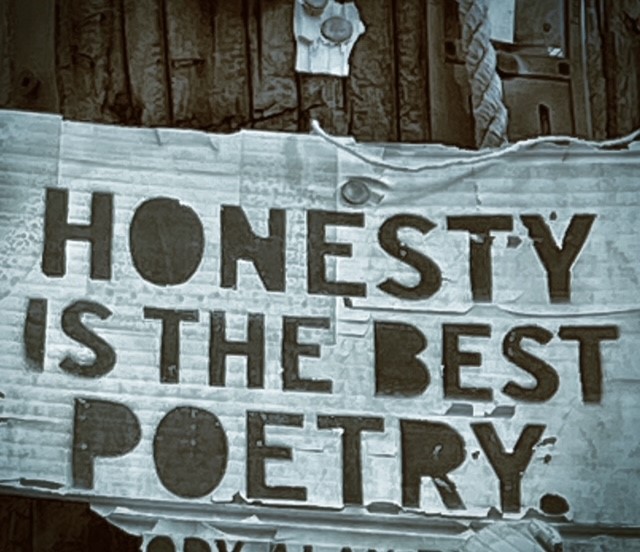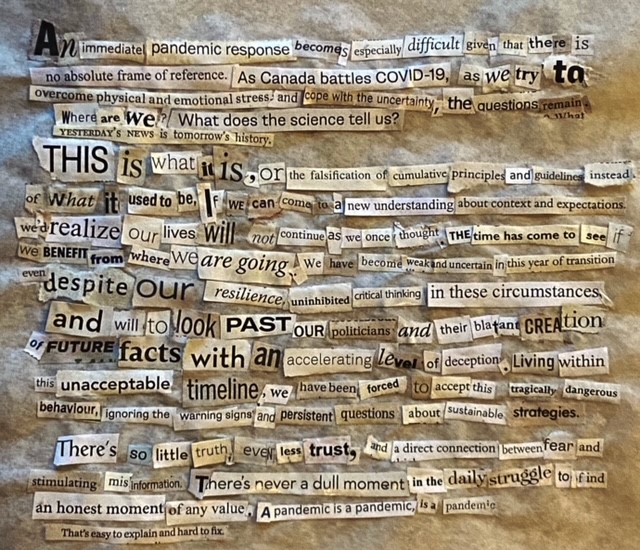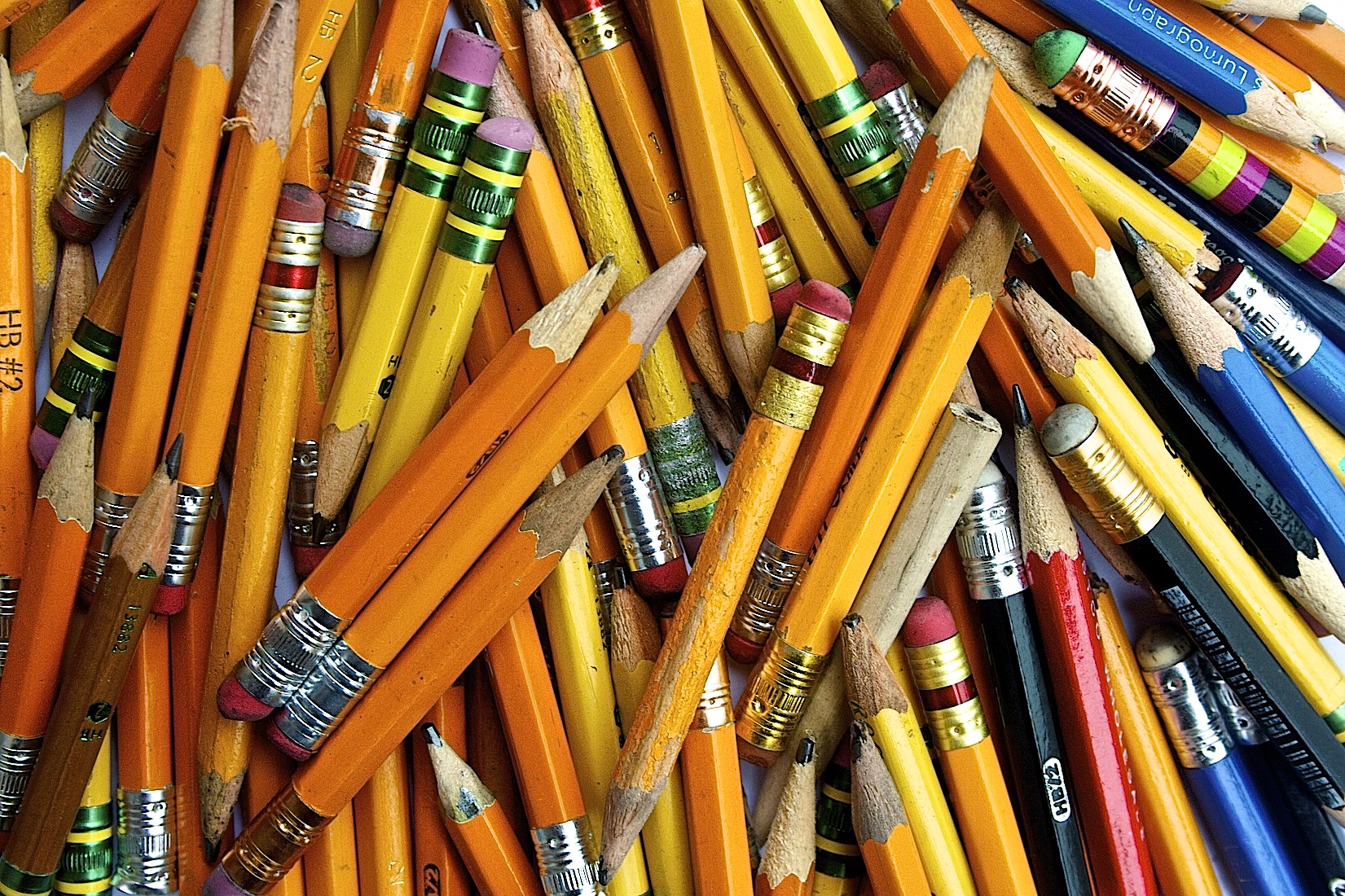
Overused and underappreciated, the common pencil does not get the credit it deserves.
We rave about advances in technology, the introduction of shiny new tablets and mobile devices, and we often hear about how the pen is mightier than the sword, but rarely do we hear someone speak affectionately about the pencil.
“A writer uses a pen instead of a scalpel or blowtorch.”
-Michael Ondaatje
The pen gets all the credit, but the pencil does all the work.
With a crayon, we learn to express ourselves with scribbles and bursts of colour long before we can even understand the concept of vocabulary, but once we have found our voice, the pencil is the next brave step we take in communicating.
Probably the most important writing we will ever do — the process of learning how to form each stroke, dot, and curve of those 26 letters — was done with a pencil. That’s when we begin to arrange the alphabet into something meaningful; it’s when we try, it’s when we dare, and it is when we make mistakes. We learn, then, to rely on the eraser conveniently attached to the pencil top.
I’ve always liked pencils. In fact, I prefer a pencil to the pen. Most likely, it’s because I am left-handed and abhor the stain that builds up on the flesh as you write from left to right, dragging the underside of your hand across all you have accomplished. This factor alone has precluded me from ever using a fountain pen (easily the most admirable of writing instruments) so I have, through the years, developed infinity for the common pencil. Yes, the pencil leaves a shadow, but it is easily washed away.
Above all else, it is the utilitarian nature of the pencil that keeps me connected. The pencil is always available. The pencil is uncomplicated; it does what it does, and does so without promising to do any more.
There is nothing confusing about a pencil. There are no caps to remove (or lose), no buttons to press, and there is no complex inner mechanism involving springs and tubes. A pencil has no clip and it slips easily into a pocket, or behind the ear. A pencil is economical and was designed to be used to its fullest efficiency. When the tip becomes dull, you sharpen the lead and continue to write. As the pencil, again, becomes dull, it is once again sharpened. After repeated sharpening, as the nub becomes too tiny to fit comfortably in your hand, you simply take a new pencil (indeed a moment of celebration) and begin anew.
It’s not like a pen, neither an expensive instrument that has to be refilled with ink, or a cheap one made to be used and then tossed away. The pencil leaves little waste behind, and much of it is biodegradable, while a plastic pen is destined to sit in a landfill for years and years. But let’s not bother thinking about the dead pencil after its work is done, let’s instead talk about the magic a pencil can inspire.
Quickly and easily, a pencil can make dreams come alive. Somehow the pencil makes writing a wholly tactile experience. I’m drawn to the romance of the hearty scratch as the lead meanders across the paper, the pencil sounding out progress. The trail of graphite grey left on the page, whether 2B or not 2B, tells my story. With each pencil stroke there is less of me, but more of myself. You can hear it in the writing, unlike a pen with its smooth ballpoint.
While thought, itself, begins the writing process, the pencil is the next step, transforming snippets and sentences from the idle mind into a workable form. My notebooks and journals are written primarily in pencil as I plan, plot, and structure my projects and poetry. These words, what is written right here, began with notes penciled into a scribbler, random thoughts I jotted down, latter riffing with the reason before sitting down a tapping out the details.
Nothing else feels like the true connection of the familiar hexagon as you take a pencil in hand and place your thoughts directly onto the page. Should you err, the eraser is right there. Pens do not allow the same flexibility; a mistake is a mistake, and those mistakes are often not editable, or are not corrected as efficiently. Show me an ink eraser that actually works without leaving behind a silent smudge, or removing the patina from the paper.
There mere fact that permanence of pen and ink allows less room for revision may be the cause of silent insecurity when using a pen. We are more cautious when writing with a pen. As human beings we all fear mistakes, even more so the inability to make corrections. With the pen allowing less latitude, I’m more inclined towards the pencil.
Pencils take the likelihood of mistakes into account.
Responding to mood and emotion, the same pencil can just as easily leave a crisp line as it can a powerfully thick mark. Each stroke leaves a track on the paper, and you can be as bold as you wish, knowing you can change up your phrasing and rearrange the words with confidence.
Not only does a pencil have a purpose, its purpose is true. A pencil will work anywhere, in rain, in heat, even in the soul-crushing frigidity of a -40 degree Manitoba winter. And it will work until it no longer can, and then make room for another pencil.
In these days of debate as to whether cursive writing should be continued in the school system, we might even want to take a step back and look at writing instruments, and the use of the pencil itself.
Laptops and tablets are used in the classroom at earlier levels, denying the student the pure pleasure of using a pencil and letting their thoughts wander across the blank page. We are blessed with fingers and thumbs (the digit which separates us from the animals) to hold a pencil, and the manual dexterity to communicate with our hands, and to leave our mark. I’m not sure the thumb tapping and swiping allows the same development of fine motor skills (or the thought process for that matter). Handwriting: if we don’t use it, do we then lose it?
Now, I’m not particularly fussy about my pencils. I do, indeed, have favorites brands, but mostly I write with what is available. And (in full disclosure of one of my few nerdy traits) I always carry a few spare pencils, with a sharpener, in my pencil case.
Like a kid, I am attracted to the pencil colours and designs often available seasonally, but these less-than-serious offerings are just momentary infatuations. Though I have a couple of skull and crossbones pencils I save for particularly dangerous writing, I’m pretty much content with the standard yellow pencil.
Much like people, it is not what’s on the outside, but the inner core that truly matters.
© 2015 j.g. lewis
“No one has yet tested the pencil to see how many words it can write.”
– Xi Chuan
March 30 is National Pencil Day
